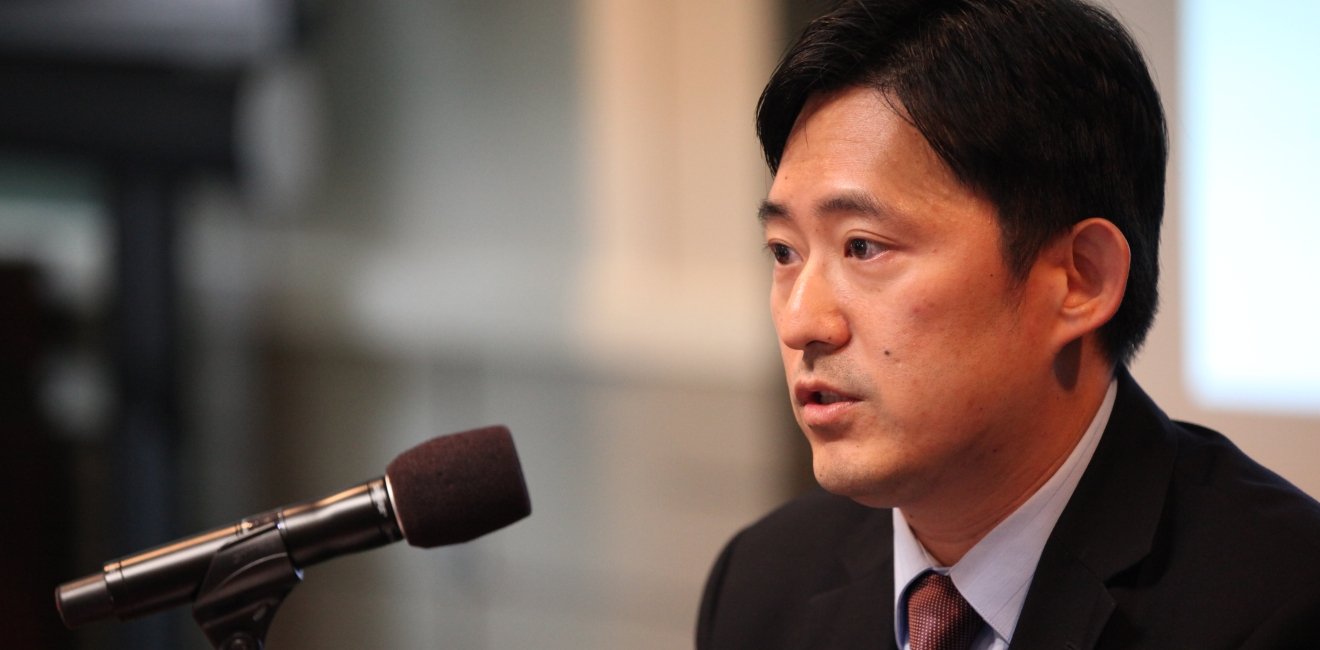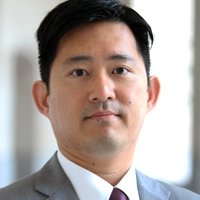Business as Usual? U.S.-Taiwan Relations Amid Changing Realities
U.S.-China relations continue to play a key role in defining power politics in the Asia-Pacific region. This difficult relationship also remains central to how other countries define and pursue their own national interests. On Aug. 6, public policy scholar Yeh-chung Lu argued that he U.S. policy of rebalancing toward the region is likely to continue to shape the Asia-Pacific security equation in the years to come, including Taiwan’s security environment.






